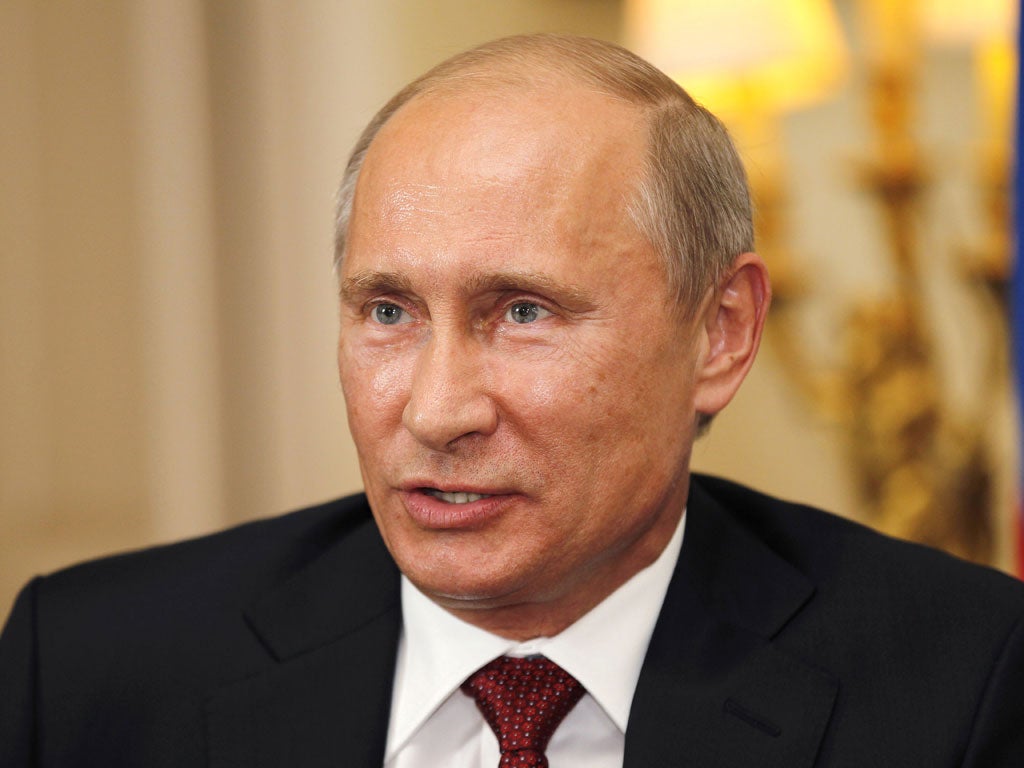Politics: No really, we feel fine *cough*
When charismatic leaders get injured, the last thing they want is for us to know about it. Simon Usborne reports on the hidden world of poorly politics

Your support helps us to tell the story
From reproductive rights to climate change to Big Tech, The Independent is on the ground when the story is developing. Whether it's investigating the financials of Elon Musk's pro-Trump PAC or producing our latest documentary, 'The A Word', which shines a light on the American women fighting for reproductive rights, we know how important it is to parse out the facts from the messaging.
At such a critical moment in US history, we need reporters on the ground. Your donation allows us to keep sending journalists to speak to both sides of the story.
The Independent is trusted by Americans across the entire political spectrum. And unlike many other quality news outlets, we choose not to lock Americans out of our reporting and analysis with paywalls. We believe quality journalism should be available to everyone, paid for by those who can afford it.
Your support makes all the difference.The hardest man in politics has put his back out. Scuba-diving, bear-wrestling, tank-driving, judo-fighting Vladimir Putin has not been seen in a ridiculous photocall for weeks, or in many other places for that matter, prompting rumours that the Russian President's last stunt (hang-gliding with migrating cranes – we've all been there) had put him out of action.
Not true, a spokesman said, Putin has merely pulled a muscle in his back and is spending time at home. The spokesman then said something that revealed less about the presidential back than it did the web of secrecy that often obscures the health of our leaders: "We have never tried to conceal it."
Would-be US Presidents must leave their dignity at the White House door (Mitt Romney's medical records reveal high cholesterol and an enlarged prostate) but even in the US, transparency hasn't always been required.
America was effectively run by a female president when Edith Wilson covered for her husband, Woodrow, after his stroke in 1919, the gravity of which was kept secret. After he partially recovered, she said: "I don't know what you men make such a fuss about. I had no trouble running the country when Woody was ill." Franklin Roosevelt's doctors helped conceal his various illnesses (his suspected polio was known but he was rarely photographed in his wheelchair, lest it reveal weakness) and his death in office shocked the world.
After the death of President Georges Pompidou from an undisclosed blood cancer in 1974, François Mitterrand promised to be honest on taking office in 1981. This changed when, months later, he was diagnosed with prostate cancer, an illness only revealed more than a decade later in Le Grande Secret, a book by the President's doctor that scandalised France in 1996.
The greater the cult of personality, the greater the risk that poor health undermines a leader. That's when rumours of ill health can become weapons. During his rule in Cuba, Fidel Castro has survived Parkinson's and stomach cancer, among many reported illnesses diagnosed by his enemies as often as doctors. Likewise Venezuelan leader Hugo Chavez has had to fight health rumours despite being declared cancer-free by his doctors.
Even when concealment is not an option, leaders face great pressure to assert their vigour. When Tony Blair had treatment for heart problems in 2003, aides played down its severity but at the time, the scare threatened the image of a leader who, like Putin, had always been seen as supremely fit.
Join our commenting forum
Join thought-provoking conversations, follow other Independent readers and see their replies
Comments